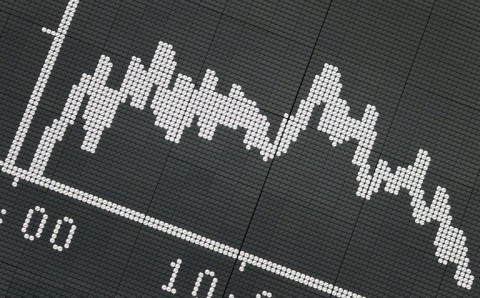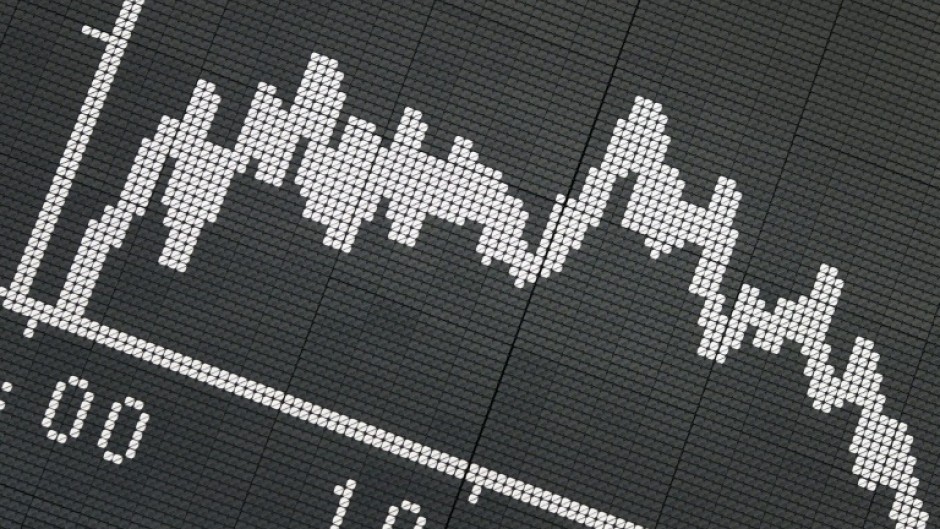
TOKYO - The yen soared to a four-month high against the dollar after a surprise tweak to monetary policy of the Bank of Japan, which has decided against hiking interest rates to tame decades-high inflation.
Rallying also against the euro, the yen's jump weighed heavily on share prices of Japanese exporters.
"The shift in (Bank of Japan) policy was slight," noted Susannah Streeter, senior investment and markets analyst at Hargreaves Lansdown.
"The decision is being read as a sign of testing the water, for a potential withdrawal of the stimulus which has been pumped into the economy."
The Bank of Japan (BoJ) adjusted its parameters for controlling bond yields, in a shift away from its long-running dovish stance of keeping rates ultra-low to boost the struggling economy.
Inflation in Japan has risen sharply this year, with the consumer price index in October at 3.6 percent, the highest in four decades, though bank boss Haruhiko Kuroda and other officials have said that would be temporary, citing a lack of strong demand and wage rises.
The BoJ move sent the yen to 132.30 per dollar, its strongest level since August.
Japan's unit has been hobbled this year by its central bank's determination to stick to its loose monetary policy -- hitting a 32-year low of around 150 to the dollar in October -- even as the Fed ramped up borrowing costs.
Tuesday's policy move "was bound to happen with inflation rising in Japan, it's just happened sooner than many thought", said Amir Anvarzadeh of Asymmetric Advisors.
"It could spark money flowing back into Japan."
Elsewhere, stock markets fell following a spike in Covid infections in China as officials roll back many of the strict containment measures that have been in place for almost three years.
The World Bank on Tuesday slashed its China growth forecast for the year as the pandemic and weaknesses in the property sector hit the world's second-largest economy.
A so-called Santa rally appears to be eluding investors, with the mood dampened by last week's warnings from the Federal Reserve and European Central Bank that they would likely push interest rates higher than expected next year.
The remarks dealt a blow to a short rally across equities that had been fuelled by data showing inflation coming down.
"Those who were in the camp of a year-end rally are now second-guessing their investment thesis," said JC O'Hara of MKM Partners.
"The markets may have placed a little too much faith in Santa Claus and the rally he typically brings."
Adding to the selling pressure were comments from former New York Fed chief William Dudley, who told Bloomberg Television that any sign of optimism in markets could make monetary policymakers tighten even more.

